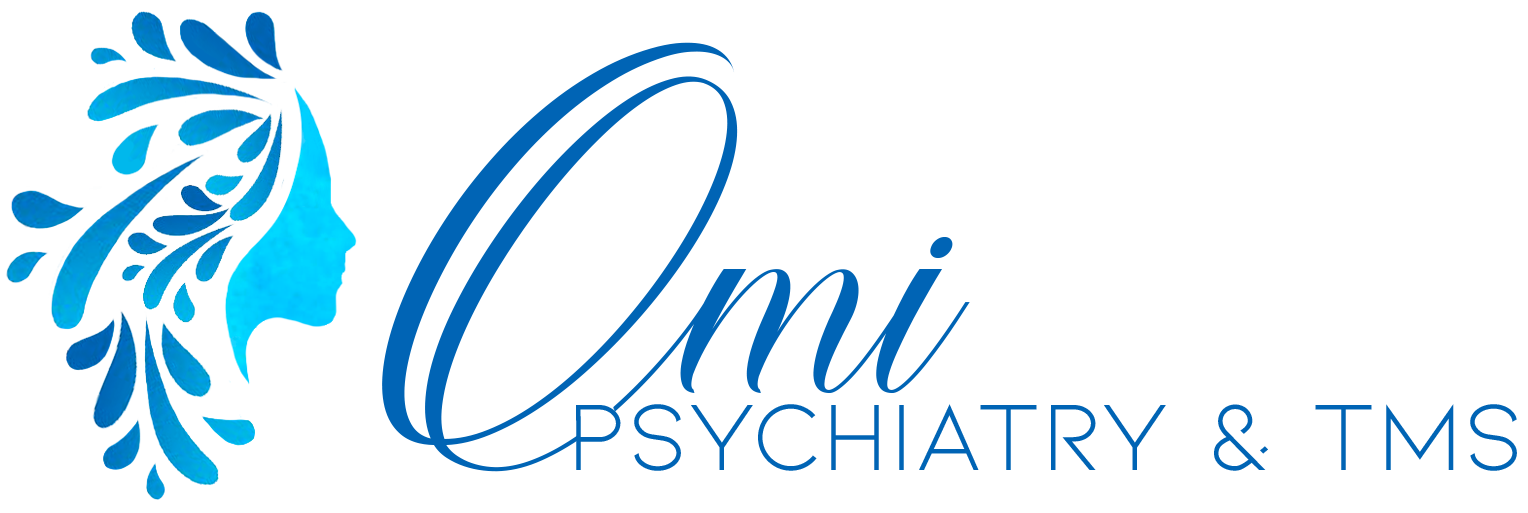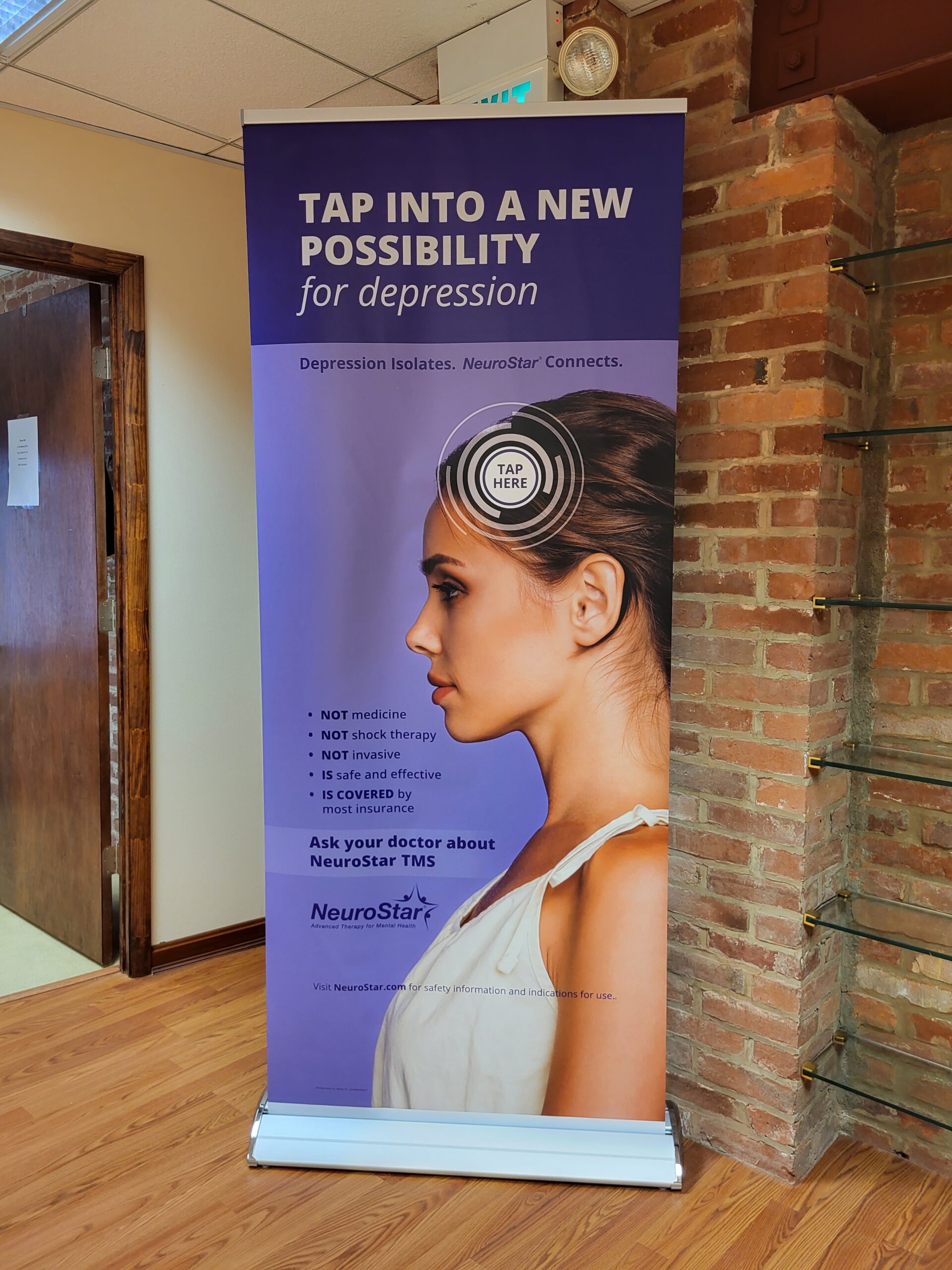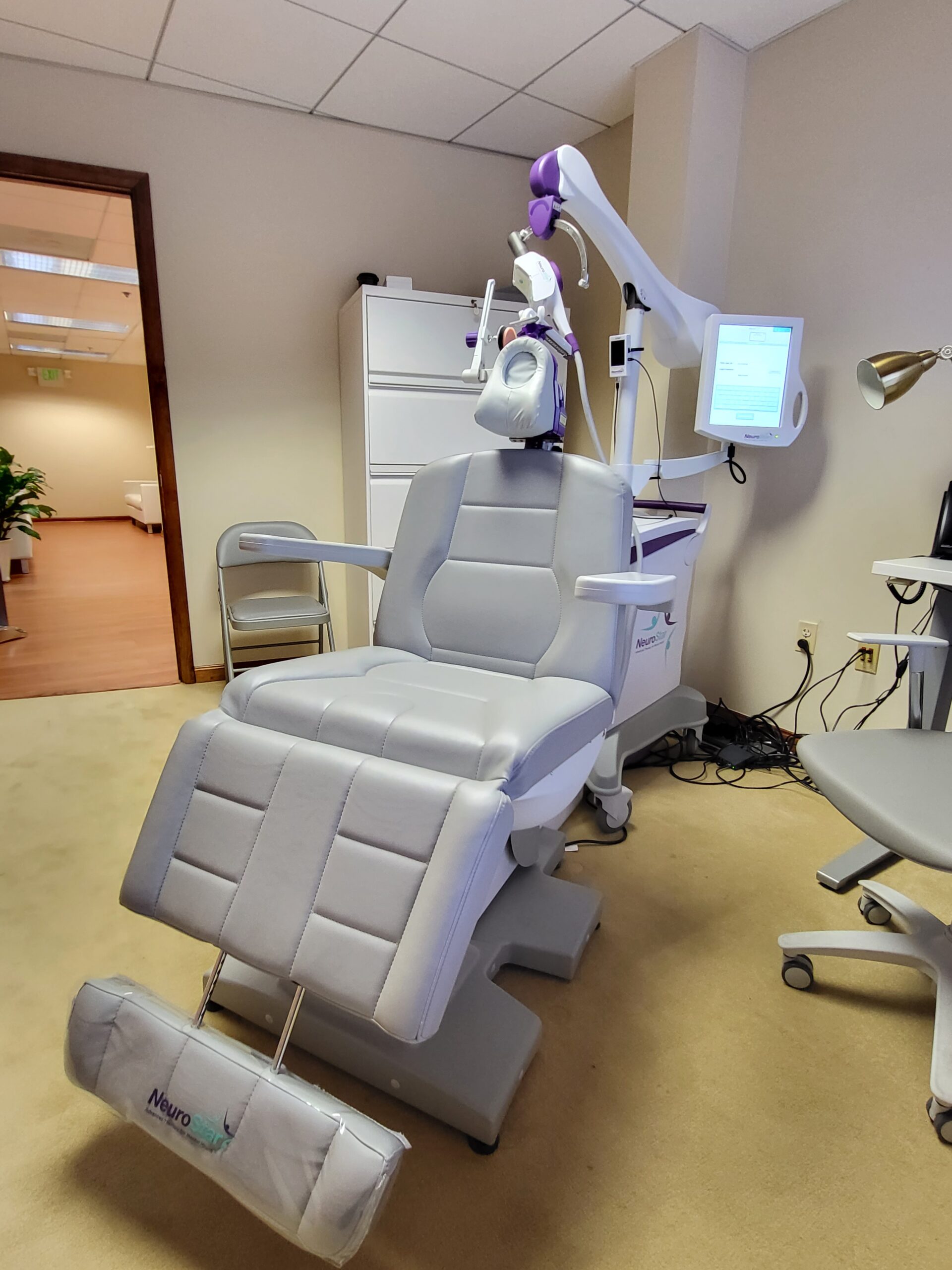what we treat
ADD and ADHD
What is ADD and ADHD?
ADHD is a neurodevelopmental disorder marked by symptoms of inattention, hyperactivity, and impulsivity. In the past, it was known as ADD, which referred to a subtype of ADHD that lacked hyperactivity symptoms. ADHD covers a complete spectrum of attentive disorder types.
According to the Centers for Disease Control and Prevention (CDC), ADHD is one of the most common neurodevelopmental disorders in childhood, with approximately 6.1 million children aged 2-17 years in the United States having been diagnosed with ADHD at some point in their lives, based on 2016-2019 data. This means that about 9.4% of children in the United States have been diagnosed with ADHD.
Additionally, an estimated 10 million adults in the United States are thought to have ADHD. While ADHD is often thought of as a childhood disorder, many individuals with ADHD continue to experience symptoms into adulthood. However, ADHD in adults is often underdiagnosed and undertreated, and many adults may not even be aware that they have the disorder.
ADHD can have a significant impact on a person’s life, affecting their ability to succeed academically, professionally, and socially. It is important for individuals who suspect they may have ADHD to seek a comprehensive evaluation by a qualified mental health professional to determine if they meet the diagnostic criteria for the disorder and to develop an appropriate treatment plan. At Omi Psychiatry & TMS, we can help.
ADD and ADHD Information
Types & Symptoms of ADHD
The symptoms of Attention Deficit Hyperactivity Disorder (ADHD) may differ based on the subtype and the individual, but can be generally classified into two categories – inattention and hyperactivity-impulsivity. Nevertheless, some individuals may exhibit symptoms from both of these subtypes, which is known as the combined type. Below are some examples of symptoms belonging to each category:
Inattention:
- Difficulty sustaining attention or focus on tasks
- Careless mistakes
- Difficulty listening or following through on instructions
- Poor organization and forgetfulness
- Avoidance or dislike of tasks requiring mental effort
- Tendency to lose things
- Easily distracted
Hyperactivity-impulsivity:
- Fidgeting or restlessness
- Excessive talking or interrupting
- Difficulty waiting or taking turns
- Difficulty engaging in quiet activities
- Acting impulsively
- Engaging in risky or dangerous behaviors
It is important to note that not everyone with ADHD experiences all of these symptoms, and that these symptoms can also be present in individuals without ADHD. A diagnosis of ADHD requires a comprehensive evaluation by a qualified mental health professional.
At Omi Psychiatry and TMS, we typically recommend neuropsychological testing to assist in diagnosing ADHD/ADD.
Treating ADHD
Treating ADHD is crucial for individuals who are affected by it. The disorder can have significant impacts on a person’s academic, occupational, and social functioning. Without proper treatment, ADHD can lead to difficulties with staying focused, completing tasks, and following through on commitments. It can also lead to problems with impulsivity and emotional regulation, which can strain relationships and lead to social difficulties. However, with appropriate treatment, individuals with ADHD can overcome these challenges.
Therefore, seeking treatment for ADHD is important to help individuals with the disorder achieve their full potential and improve their overall well-being.
Learn what to expect during your initial psychiatric consultation with one of our clinicians.
At Omi Psychiatry & TMS, treatment options may include:
- Lifestyle changes: Certain lifestyle changes can also be helpful for managing ADHD. Regular exercise, a healthy diet, and good sleep habits can all improve symptoms of ADHD.
- Supplements: Certain vitamins and supplements can be helpful in managing ADHD/ADD.
- ADHD coaching: Coaching focused on dealing with practical everyday issues and assisting in goal setting, organizational skills, and prioritization.
- Behavioral therapy: Behavioral therapy can include strategies such as cognitive-behavioral therapy, parent training, and social skills training. These therapies can help individuals with ADHD learn coping strategies, improve communication and organization skills, and manage impulsivity.
- Medication Management: Stimulant medications such as Ritalin and Adderall are commonly used to treat ADHD. These medications work by increasing the availability of certain neurotransmitters in the brain, which can improve focus and attention. Non-stimulant medications such as Strattera may also be used in some cases.
Individualized treatment for ADHD is crucial and must cater to the specific needs of each person. Our mental health professionals, including Dr. Omotade and Melecia Helwig-Henson, PA-C, can assist in determining the most suitable treatment plan for each individual. Reach out today.
See Inside Our Clinic
What You Need to Know
Meet Our Team
Dr. Aderonke Omotade is a board-certified internal medicine physician and psychiatrist. She provides compassionate, comprehensive psychiatric care to patients of all ages.
Melecia Helwig-Henson is our physician’s assistant and provides assistance with routine psychiatric needs as well as helping Dr. Omotade with the day-to-day tasks of running the practice.
Medication AS an OPTION
At Omi Psychiatry & TMS, we see the value that medications may offer as part of a person’s overall treatment. We offer medication management for those who have existing medications and for those who need new medications for their psychiatric conditions. Our clinicians are experts at working with all types of psychiatric medications, including stimulants, antidepressants, antipsychotics, mood stabilizers, anti-anxiety medication.








